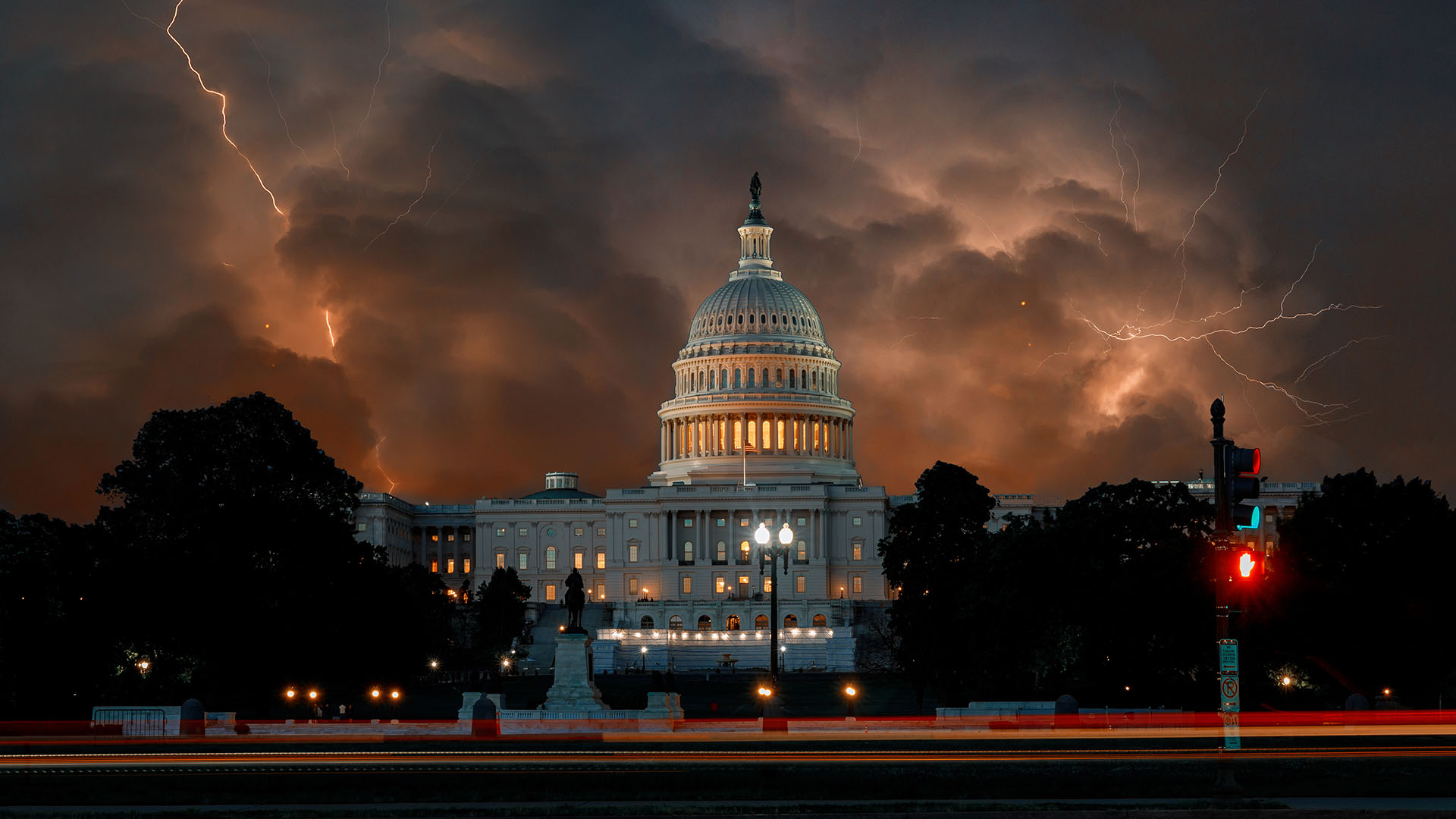During the ABA’s National Institute on White Collar Crime, the Department of Justice (DOJ) announced a pilot program that will be created in the next 90 days to provide financial incentives to whistleblowers who assist the DOJ in investigating corporate misconduct. Deputy Attorney General (DAG) Lisa Monaco made the announcement on March 7, 2024 and Acting Assistant Attorney General Nicole M. Argentieri provided more specifics regarding the program on March 8, 2024 at the same conference.
DAG Monaco spoke about the DOJ’s Voluntary Self-Disclosure Programs and the recent corporate acquisition disclosure program, and then stated “[b]ut we recognized there’s another way we can encourage individuals to report misconduct: by rewarding whistleblowers. And how do we do that? Money.” In a foreboding reference to the Wild West, DAG Monaco then stated “[g]oing back to the days of “Wanted” posters across the Old West, law enforcement has long offered rewards to coax tipsters out of the woodwork. And today, we’re announcing a program to update how DOJ uses monetary rewards to strengthen our corporate enforcement efforts.”
DAG Monaco referenced the whistleblower programs that arose from Dodd-Frank at the SEC (which set a new record for tips in 2023 and has paid US$1.9bn to whistleblowers) and the CFTC, programs at the IRS and FinCEN and qui tam actions, but stated that those programs are like a “patchwork quilt that doesn’t cover the whole bed.”
DAG Monaco noted some specific areas the DOJ was particularly interested in receiving information about:
- Criminal abuses of the US financial system;
- Foreign corruption cases outside the jurisdiction of the SEC, including FCPA violations by non-issuers and violations of the recently enacted Foreign Extortion Prevention Act; and
- Domestic corruption cases, especially involving illegal corporate payments to government officials.
DAG Monaco then stated that the Department will embark on a “90 day sprint” to develop and implement the program, but noted some basic guardrails for the program for when payments can be made:
- Only after all victims have been properly compensated;
- Only to those who submit truthful information not already known to the government;
- Only to those not involved in the criminal activity itself; and
- Only in cases where there isn’t an existing financial disclosure incentive—including qui tam or another federal whistleblower program.
DAG Monaco then stressed that “[w]hen everyone needs to be first in the door, no one wants to be second,” and “knock on our door before we knock on yours.”
The following day, Acting Assistant Attorney General Nicole M. Argentieri added some more specifics regarding the program regarding the requirement for original, non-public information and a monetary threshold similar to the SEC and CFTC programs which limit rewards to cases with sanctions of US$1m or more.
Takeaways
We will continue to monitor this pilot program for more details. In the meantime, with this new shot across the bow, whistleblowers will be even more emboldened and incentivized to come forward seeking a windfall by going to the government. Now more than ever as the DOJ is hanging its “Wanted” posters and stitching together its patchwork quilt to fit the whole bed, companies will need to review their compliance programs, enhance training and continue to encourage the use of ethics hotlines and other reporting mechanisms. Finally, companies should have a protocol in place or enhance existing protocols to determine whether to self-report to the government, potentially on an accelerated time frame based on the new program and its financial incentives to whistleblowers.








